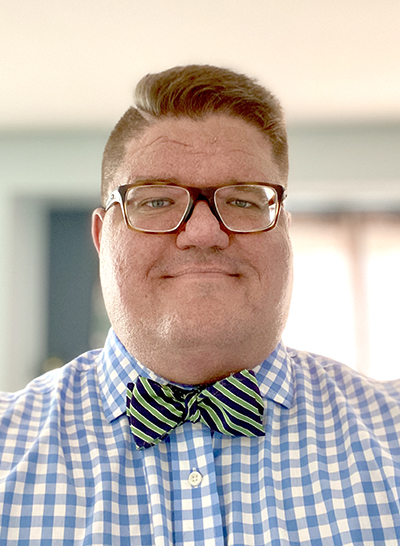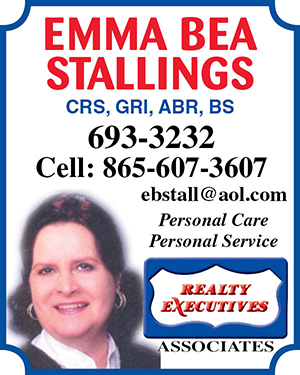Quick is Teacher of Year at HVA

Quick initially was chosen as one of six candidates, five teachers and one school counselor.
“I was selected by my peers in the building for this honor,” he said. “Every day, each teacher in our building gives their best to make sure our kids are OK.
“We also are trying to assure that they are learning from us about whatever subject we are teaching,” Quick added. “I am humbled by being chosen by my peers for this honor. I feel that on any given day, any one of us could be just as good.”
He learned about the honor by an all-staff e-mail from principal Dr. Rob Speas Friday, Aug. 27.
“My first reaction was a moment of shock,” Quick recalled. “Knowing the other five colleagues that were nominated with me, I truly didn’t think I would win.
“I do not know why I was chosen,” he added. “I think my colleagues recognized the fact that I try to teach my kids chemistry no matter what their situation is.
“I try to make it approachable and fun at the same time.”
This is Quick’s 10th year teaching chemistry, all at Hardin Valley. “I owe my Teacher of the Year honor to many people, but there are two in particular,’ he said. “First is Dr. Christiane Barnes, the professor I was a (teaching assistant) for at (University of Tennessee) while in grad school.
“She helped me discover my passion for actually ‘teaching’ chemistry,” Quick said. “She was also, I found out later, the pivotal recommendation in my getting the job at HVA.”
The second “is Mrs. Sallee Reynolds,” he added. “She took a huge chance on hiring me, a Ph.D. in chemistry, with zero high school teaching experience.
“Ten years later, I’m doing what I love, at the place I’m supposed to be,” Quick added. “I can’t think of a better situation to be in at this point in my career.”
Before becoming a teacher at HVA, he was in a post-doctoral position at Oak Ridge National Laboratories for two years, which started after earning a Ph.D. in organic chemistry from UT.
“While I was in graduate school at UT, I was a teaching assistant for the freshmen chemistry classes,” he said. “I began to realize that many students were unprepared for chemistry coming out of high school.
“While working at ORNL, I was chatting with folks, asking ‘what’s next?’ For a Ph.D., that usually means college/university academia or industry,” Quick added. “I knew I didn’t want to work in industry and going to academia was not desirable to me.
“I reflected back to my time as a TA and then realized that teaching high school chemistry was where my talents could be best utilized.”
Reflecting on his chosen career, Quick said, “Every kid that walks through my door, I have one hope for: that by the end of their time with me, they will have learned some chemistry, figured out how to become a better student and that they are able to think critically about things when presented new ideas.”


